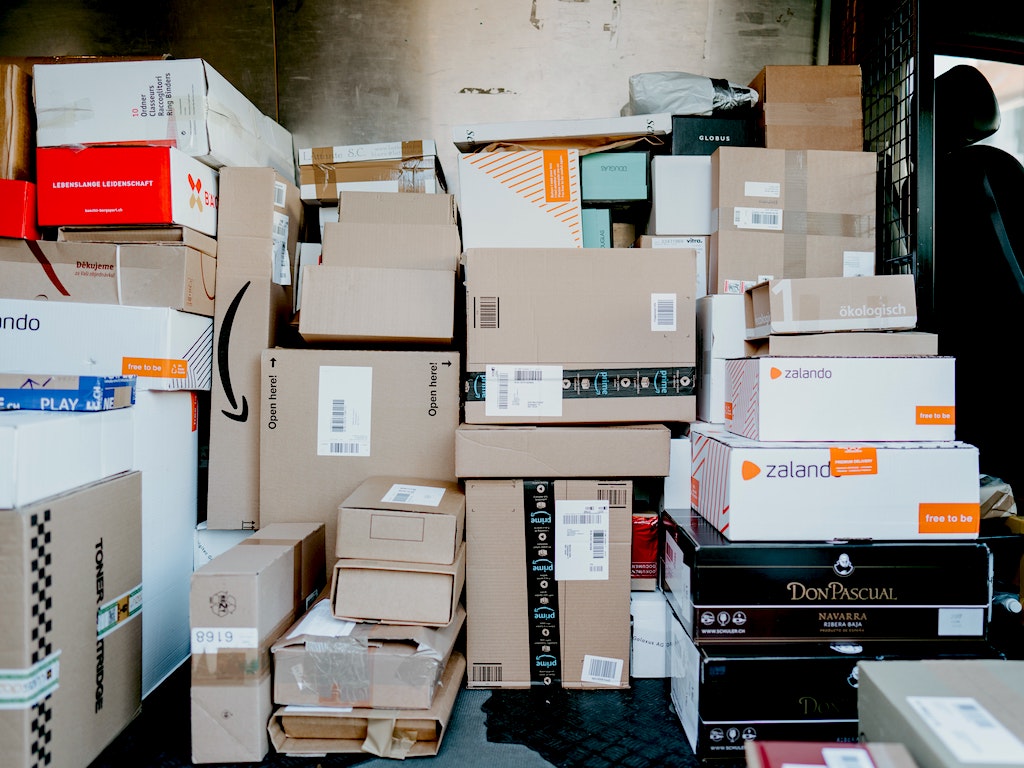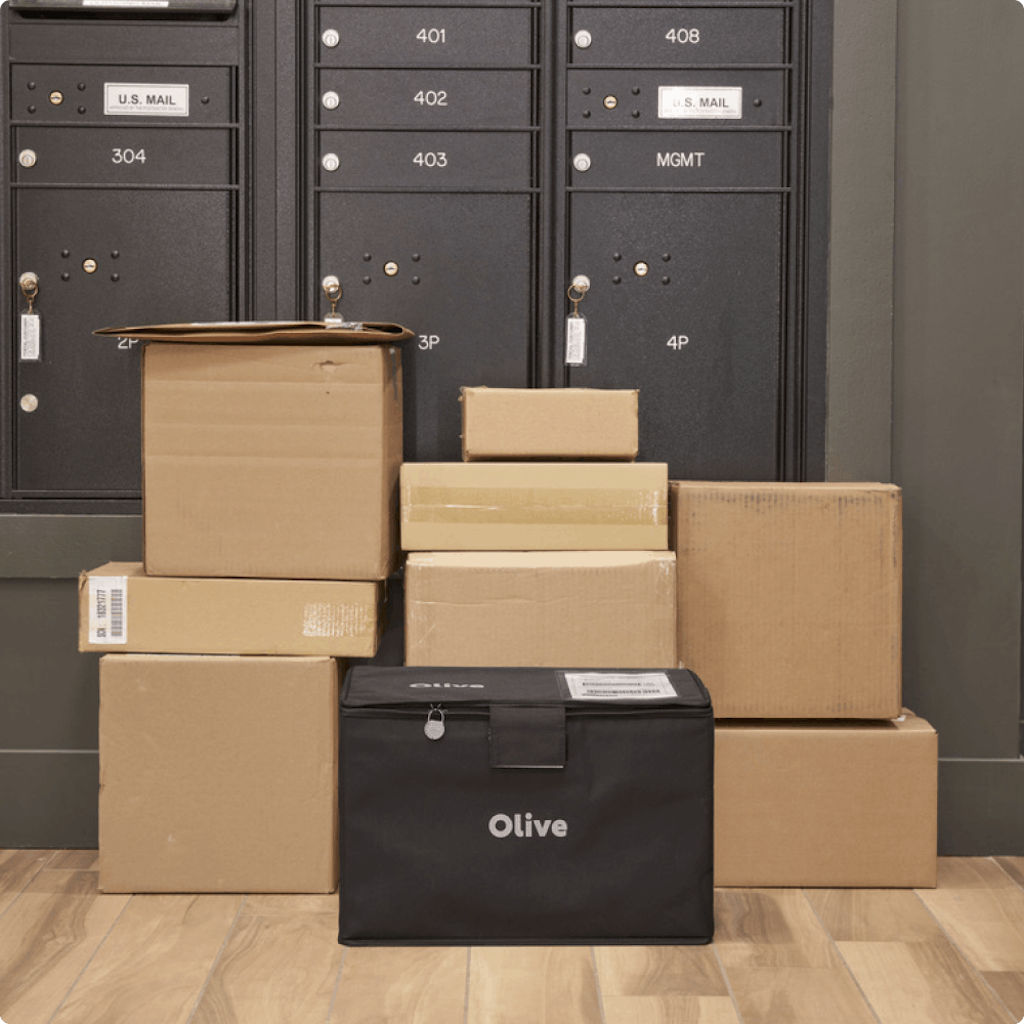4 Mins Read
E-commerce isn’t going anywhere, but online shoppers are now more aware of the footprint of their deliveries and demanding sustainable change from companies. In a new survey, half of American consumers said they plan to continue doing most of their shopping online in the post-pandemic era; and 8 in 10 say they are now factoring sustainability into their purchasing decisions.
The report, published by UPS-owned on-demand warehouse and delivery service Ware2Go, suggests that the booming e-commerce trend is here to stay. Since the pandemic hit, consumers have been shopping online more than ever before, and even those relatively new to the habit plan on making the bulk of their purchases digitally when Covid-19 is over.

A ‘new’ e-comm shopper is in town
In the poll of more than 1,000 American adult consumers, more than half (51%) said they are doing more shopping online—and more than a quarter (29%) do all of their shopping online. Just under half of the participants said they would continue to do so once the pandemic is over, an indication that the takeover of e-commerce is a trend here to stay.
But as more shoppers get comfortable with deliveries straight to their door, more of them are also becoming concerned about the impact these parcels are having on the planet. Analysts described these consumers as the “new e-commerce shopper”—consumers who don’t want to give up their online shopping habits and are demanding more sustainable practices from brands and delivery companies.
According to the survey, 66% of consumers say sustainable business is now far more important to them, and 88% said environmental factors are somewhat or very important considerations when it comes to what products they put into their basket, or which platform they decide to use.
“When asked to indicate the most important sustainable business practices to them, 47% indicated recycled packaging, and 41% sustainable shipping practices,” explained Ware2Go’s director of sales Samantha Smith. “This new eCommerce shopper is informed, environmentally conscious, and aware of the impact of their purchasing decisions.”

Onus falls on brands
What the survey also found, however, was that consumers don’t believe the responsibility lies with them. Instead, they want brands and companies to do better. 54% of respondents in the survey said they would be willing to pay more for sustainable shipping, but 66% said they would be more likely to make purchases if the brand offers carbon-neutral shipping at the same cost.
Aside from eco-friendly shipping, consumers want platforms to carry more conscious brands. 30% said they expect e-commerce sites to begin selling “greener” products.
Smith described this as an example of consumers’ cognitive dissonance as a result of the rise of one-click convenience culture. “Busy consumers have grown accustomed to the convenience of 1- to 2-day home delivery,” she says. “When faced with a split second decision between convenience and sustainability, most consumers are choosing convenience, even when they seem to understand the impacts of their choices.”
Ware2Go says that it therefore plans to take away the unsustainable shipping choice—and it says that e-commerce businesses can stay ahead of the competition by doing the same.
Amid the pressure on brands, some startups are now offering solutions like circular deliveries too, such as Olive, a service that delivers your items from participating brands in reusable shippers.
Read: New campaign urges Amazon to ditch packaging and ‘ShipNaked’ instead

Sustainability is top of mind
The latest consumer poll is just the latest confirming the growing importance of sustainability to consumers. In July, an Ipsos poll commissioned by Consumer Brands in the U.S. found that more than half of shoppers (53%) now consider themselves “environmentalists” and 84% said they were specifically concerned about plastic packaging waste.
Consumers outside of the U.S. have too indicated their growing preference for sustainable brands, with New York consultancy Wunderman Thompson revealing in new data that 86% of shoppers across China, Britain and the U.S. all want businesses to “play their part” when it comes to solving global issues like climate change and social justice.
88% said sustainability should now be “standard business practice” and 82% believe that firms must put people and the planet ahead of their own profits.
Lead image courtesy of Pexels.



